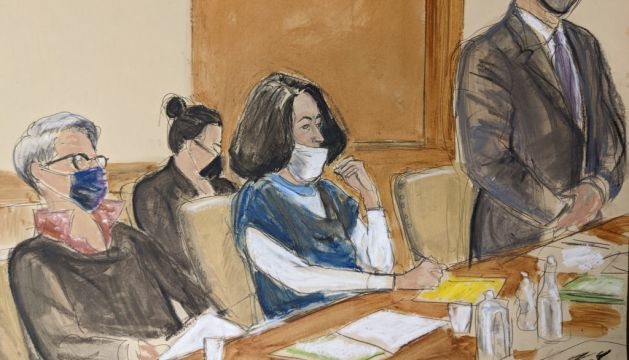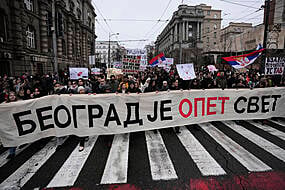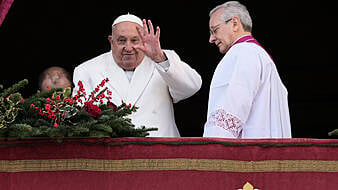A jury was selected on Monday morning in the sex abuse trial of Ghislaine Maxwell, who is accused of recruiting and grooming underage girls for late financier Jeffrey Epstein to abuse.
US prosecutors have said that between 1994 and 2004, Maxwell – a former employee and romantic partner of Epstein's – gained the girls' trust by taking them to movies, sending them gifts such as lingerie and discussing sexual topics, according to a 2021 indictment.
Maxwell (59) has pleaded not guilty to eight charges of sex trafficking and other crimes, including two counts of perjury that will be tried at a later date. The British socialite, who appeared in court wearing a white face mask amid the Covid-19 pandemic, faces up to 80 years in prison if convicted on all counts.
Twelve jurors and six alternates were selected on Monday to hear the case, which is expected to last six weeks. Opening statements are set to begin later Monday.
After the group was selected, one juror said their employer would only give them two weeks of paid leave, and another said their spouse had surprised them with a trip that would conflict with a part of the trial.
US District Judge Alison Nathan said she would speak with the latter juror as well as the former juror's employer to determine how to move forward.
Nathan had earlier excused one prospective juror who said his co-workers had figured out that he might serve on Maxwell's jury, and had expressed "adamant and passionate" opinions about the case to him.
'No fish left to fry'
Maxwell's lawyers have said that prosecutors, unable to convict Epstein, are using the daughter of late British media magnate Robert Maxwell, as a scapegoat. Epstein died by suicide at 66 in 2019 in a Manhattan jail cell while awaiting trial on sex abuse allegations.
"Left with no fish to attempt to fry, the government belatedly turned to Ms Maxwell," her lawyers wrote in a February 4th filing.
Maxwell's trial comes in the wake of the #MeToo movement, which has encouraged victims of sexual abuse to speak out against powerful men such as film producer Harvey Weinstein and R&B singer R. Kelly accused of misconduct. The case against Maxwell stands out in part because she is a woman.
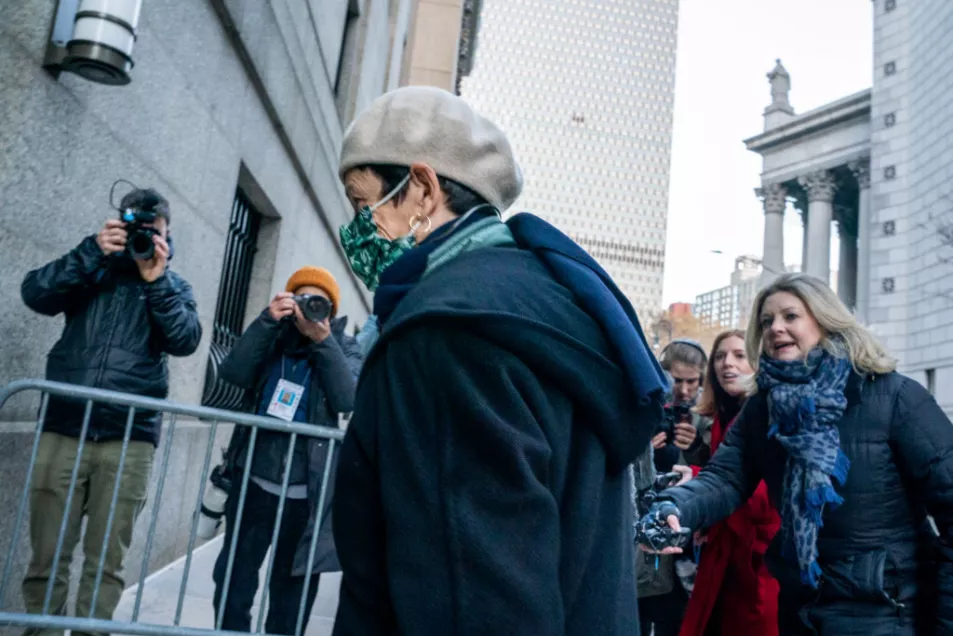
Prosecutors say Maxwell encouraged the girls to massage Epstein while the girls were fully or partially nude. In some cases, Epstein or Maxwell would pay them cash or offer to pay for their travel or education, and Epstein sometimes masturbated or touched the girls' genitals during the massages, prosecutors said.
"Victims were made to feel indebted and believed that Maxwell and Epstein were trying to help them," prosecutors wrote in the indictment. In some instances, Maxwell "was present for and participated in the sexual abuse of minor victims," they said.
Maxwell's lawyers have indicated that they will question the credibility of the four alleged victims by asking why they waited to come forward and arguing that they have financial incentives to lie or exaggerate.
"Any accuser who testifies that Ms. Maxwell participated in sex abuse or sex trafficking is not telling the truth," Maxwell's lawyers wrote in court papers.
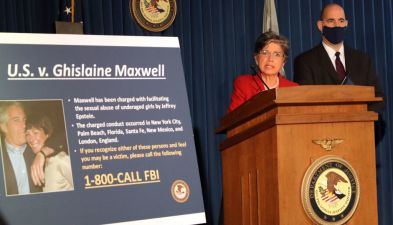
One woman was motivated by a "desire for cash," they said in a separate filing.
A defence expert witness – the prominent psychologist Elizabeth Loftus, who testified for the defense in the rape trial of film producer Harvey Weinstein and the murder trial of real estate heir Robert Durst – is expected to testify about how people can be manipulated into having "false memories."
Some legal experts say the strategy is risky in the post #MeToo era, and that prosecutors would not have charged Maxwell unless they were confident the accusers' testimonies would withstand scrutiny.
"Victim shaming ... doesn't work especially now in 2021, and it usually hurts you," said Zachary Margulis-Ohnuma, a New York defence attorney who specialises in sex crimes cases.
